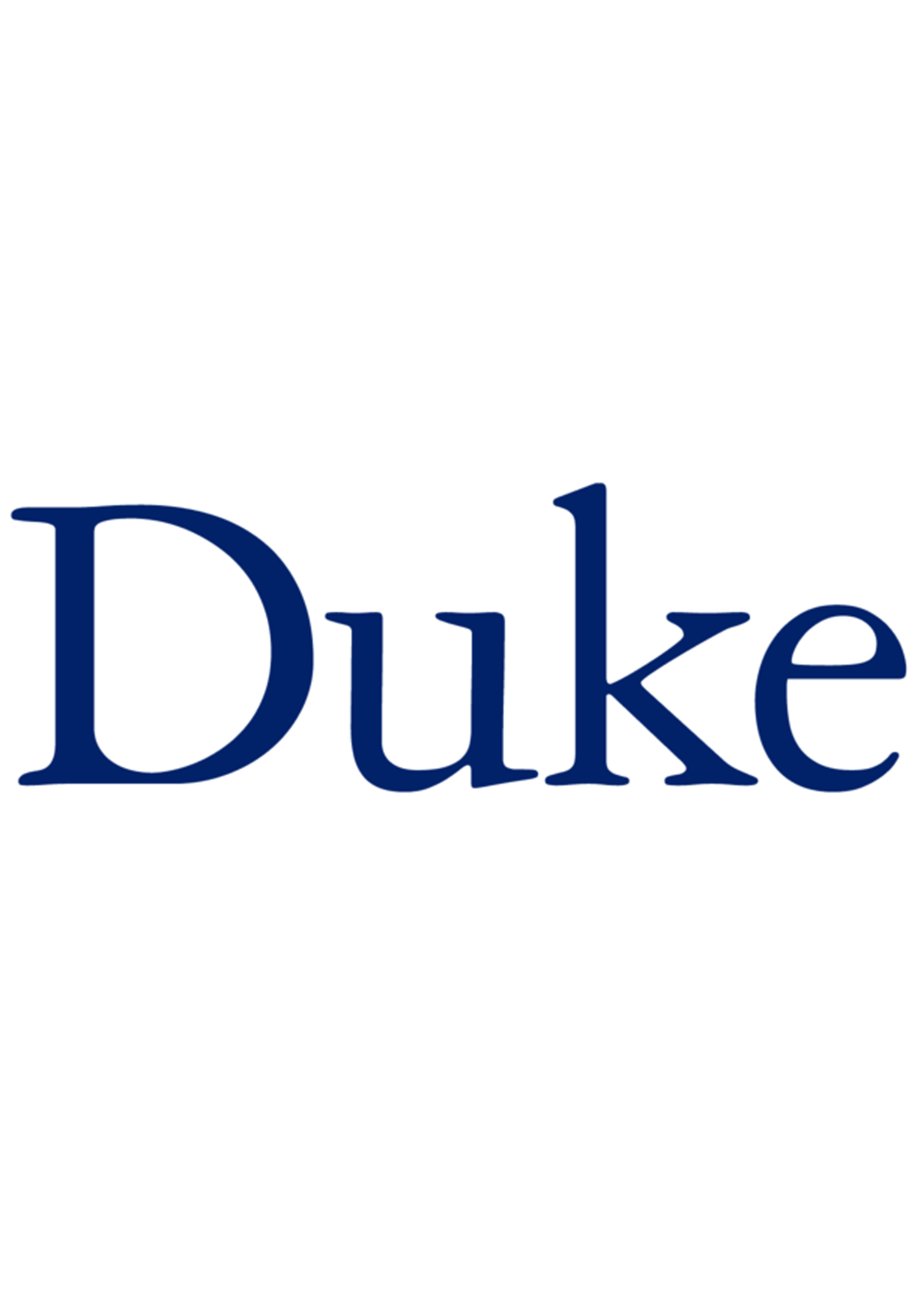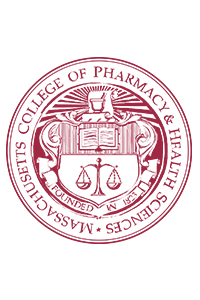Earning an online nurse practitioner degree is a popular path for practicing RNs looking to become more competitive hires with higher pay. These programs widen the scope of their capabilities, advance their skills, and make this degree more accessible than ever before. Students will learn about patient assessment, diagnostic reasoning, and evidence-based practices, preparing them for specialized roles in healthcare.
With nurse practitioners earning a median salary of $126,620 and fields like midwifery and anesthetists seeing median wages of $129,650 and $212,650, respectively, the career potential is significant. Most programs can be completed in two to four years, and with an average tuition cost of $20,513 per year, this degree is a worthwhile investment in your professional future.
Why Trust Us
The Intelligent.com Higher Education Team is dedicated to providing students with independent, equitable school and program rankings and well-researched resources. Our expert-driven articles cover topics related to online colleges and programs, paying for school, and career outlooks. We use data from the U.S. Department of Education’s College Scorecard, the National Center for Education Statistics, and other reputable educational and professional organizations. Our academic advisory team reviews content and verifies accuracy throughout the year for the most current information. Partnerships do not influence rankings or editorial decisions.
- Analyzed over 2,000 national, accredited, and nonprofit colleges and universities
- 800+ rankings pages are reviewed and updated yearly
- Content is informed by reputable sources, surveys, and interviews with academic advisors and other experts
- Over 100 data points are reviewed for accuracy and quality throughout the year, including sources
How we rank schools
Our list features the best online Nurse Practitioner degree programs at top colleges nationwide. Each school featured is a nonprofit, accredited institution — either public or private — with a high standard of academic quality for post-secondary institutions.
We evaluated each school’s program on tuition costs, admission, retention and graduation rates, faculty, reputation, and the student resources provided for online students. We collected data from trusted sources like the National Center for Education Statistics, individual school and program websites, school admissions counselors, and other data sources. Then, we calculated the Intelligent Score on a scale of 0 to 100 based on the following criterion:
Academic Quality:
- Admission rate versus enrollment rate
- Retention rate of students who return after year one
- Accreditation status (regional and programmatic)
- Nonprofit status, both private and public institutions
Graduation Rate
- Overall graduation rate
- Total number of currently enrolled students, including diversity metrics
- Student-to-faculty ratio
Cost and ROI
- In-state and out-of-state per-credit tuition rates and fees
- Required credits to graduate
- Earning potential after graduation
- Availability of federal student loans, scholarships, and other financial aid options
Student Resources
- Available student services for online-only and hybrid programs
- On-campus amenities like tutoring centers and the number of libraries
Read more about our ranking methodology.
Best 50 Accredited Online Nurse Practitioner Programs
FiltersInstitution Type
Status
- Intelligent Score
- Alphabetically By University Name
- Acceptance Rate
- Enrollment
- In-state Graduate Tuition
- Out-of-state Graduate Tuition
- In-state Undergraduate Tuition
- Out-of-state Undergraduate Tuition

Drexel University
Intelligent Score: 99.41In-state: $53,868
Out-of-state: $53,868
In-state: $36,234
Out-of-state: $36,234
SAT: 1180-1380
ACT: 25-31
$1,134
Online
Commission on Collegiate Nursing Education
56

University of Alabama at Birmingham
Intelligent Score: 95.92In-state: $34,627
Out-of-state: $51,815
In-state: $16,793
Out-of-state: $16,793
SAT: NA
ACT: NA
$682
Online
Commission on Collegiate Nursing Education
45

Maryville University
Intelligent Score: 94.51In-state: $24,766
Out-of-state: $24,766
In-state: $14,346
Out-of-state: $14,346
SAT: N/A
ACT: N/A
Maryville University's online Family Nurse Practitioner program is the best online program offered. as they are a 100% online program with no on-campus visits or residencies required and it does not place you on a waiting list once you've been accepted to the program. The program also allows you to complete clinical hours in a local, preferred setting of your choice. Maryville offers four different online FNP programs, depending on your preferred concentration. The online program provides a 24/7 learning model, making it highly flexible and convenient for students, along with support from a faculty that consists of leaders and experts in the nursing field.
$863
Online
Commission on Collegiate Nursing Education
47

Seton Hall University
Intelligent Score: 94.39In-state: $42,920
Out-of-state: $42,920
In-state: $24,372
Out-of-state: $24,372
SAT: 1150-1310
ACT: 25-30
The online Adult-Gerontology Nurse Practitioner program provided by Seton Hall University is a nationally ranked online nurse practitioner degree program offered by the best private institution in the top ten online nurse practitioner degree programs. Seton Hall's program consists of 48 credits, can be completed in three to four years, and offers the choice between two focus tracks: Primary Care or Acute Care. The online program provides a values-based curriculum that prepares nurses to communicate properly, act as servant leaders, and improve their community through evidence-based care with an emphasis on compassion and critical problem solving.
$1,500
Online
Commission on Collegiate Nursing Education
48

Duke University
Intelligent Score: 92.98In-state: $55,880
Out-of-state: $55,880
In-state: $57,900
Out-of-state: $57,900
SAT: 1470-1570
ACT: 34-35
$2,166
Online
Commission on Collegiate Nursing Education
49

Stony Brook University
Intelligent Score: 92.72In-state: $7,070
Out-of-state: $24,740
In-state: $11,310
Out-of-state: $11,310
SAT: 1230-1440
ACT: 26-32
In-State: $471
Out-of-State: $1,020
Online
Commission on Collegiate Nursing Education
45

Massachusetts College of Pharmacy and Health Sciences
Intelligent Score: 92.70In-state: $39,240
Out-of-state: $39,240
In-state: $47,520
Out-of-state: $47,520
SAT: 1090-1370
ACT: 25-31
$1,160
Online
Commission on Collegiate Nursing Education
42

Cedarville University
Intelligent Score: 92.34In-state: $32,364
Out-of-state: $32,364
In-state: $9,065
Out-of-state: $9,065
SAT: 1110-1350
ACT: 23-30
$680
Online
Commission on Collegiate Nursing Education
48

Simmons University
Intelligent Score: 92.24In-state: $40,850
Out-of-state: $40,850
In-state: $21,528
Out-of-state: $21,528
SAT: 1060-1250
ACT: 24-29
$1,235
Online
Commission on Collegiate Nursing Education
48

Vanderbilt University
Intelligent Score: 92.06In-state: $52,781
Out-of-state: $52,781
In-state: $50,082
Out-of-state: $50,082
SAT: 1470-1570
ACT: 33-35
$1,939
Online
Commission on Collegiate Nursing Education
40

The University of Texas at Arlington
Intelligent Score: 91.69In-state: $11,448
Out-of-state: $40,032
In-state: $12,028
Out-of-state: $12,028
SAT: 1210-1470
ACT: 26-33
$654
Online, On-campus
Commission on Collegiate Nursing Education
32

University of Southern California
Intelligent Score: 90.45In-state: $59,260
Out-of-state: $59,260
In-state: $47,880
Out-of-state: $47,880
SAT: 1340-1530
ACT: 30-34
$1,851
Online
Commission on Collegiate Nursing Education
50

Samuel Merritt University
Intelligent Score: 89.30In-state: $31,625
Out-of-state: $31,625
In-state: $41,375
Out-of-state: $41,375
SAT: N/A
ACT: N/A
$1,560
Online
Commission on Collegiate Nursing Education
49

Mount Carmel College of Nursing
Intelligent Score: 89.14In-state: $37,696
Out-of-state: $37,696
In-state: $27,076
Out-of-state: $27,076
SAT: 1010-1140
ACT: 16-18
$955
Online
Commission on Collegiate Nursing Education
48

University of Missouri - Kansas City
Intelligent Score: 89.02In-state: $9,330
Out-of-state: $27,612
In-state: $9,478
Out-of-state: $9,478
SAT: 1110-1320
ACT: 23-29
$742
Online, On-campus
Commission on Collegiate Nursing Education
52

D'Youville University
Intelligent Score: 86.26In-state: $27,986
Out-of-state: $27,986
In-state: $18,522
Out-of-state: $18,522
SAT: 960-1150
ACT: 19-24
$1,220
Online, On-campus
Commission on Collegiate Nursing Education
40

University of Colorado Denver
Intelligent Score: 85In-state: $10,728
Out-of-state: $34,930
In-state: $11,826
Out-of-state: $11,826
SAT: 1130-1350
ACT: 25-31
In-State: $690
Out-of-State: $1,115
Online, On-campus
Commission on Collegiate Nursing Education
56

Texas A&M University School of Nursing
Intelligent Score: 84.61In-state: $8,395
Out-of-state: $36,849
In-state: $6,775
Out-of-state: $6,775
SAT: 1160-1380
ACT: 26-32
In-State: $538
Out-of-State: $1,068
Online
Commission on Collegiate Nursing Education
48
How to Choose an Online Nurse Practitioner Program
Choose your area of study
Nurse practitioner degrees can be versatile, often offering different specializations to help tailor your education to your career goals. To narrow down your options, consider asking yourself:
- What population am I interested in serving?
- What healthcare settings do I prefer?
- What types of health issues interest me the most?
Options may vary by program, but they typically include Family Nurse Practitioner for those pursuing family-centered care, Adult-Gerontology Nurse Practitioner for individuals working with adults and older people, and Psychiatric-Mental Health Nurse Practitioner for those interested in mental health services. You may also see specializations in nurse-midwifery and anesthetics.
Research schools and programs
With your intended specialization in mind, you can begin researching schools and programs. You can use the following questions to guide your research:
- Does a recognized accrediting body accredit the program?
- What kind of support does the school offer for clinical placements?
- What is the program’s pass rate for the NP certification exam?
- Are there opportunities for hands-on experience in your chosen specialization?
You can find this information on school websites, through admissions counselors, and by attending a virtual open house or information session. Many students also benefit from using platforms like LinkedIn and Reddit to gain insights from alumni and current students.
Prepare for tests and applications
Test and application prep can feel daunting, but with careful planning, you can be sure you’re making the best possible impression on admissions committees.
Start by seeking out transcripts and requesting letters of recommendation at least three to four months before application deadlines. Begin drafting your personal statement two to three months in advance, allowing ample time for revisions. If your top schools require test scores, enroll in a test prep program three to six months before the exam date.
Select your program
Once acceptance letters arrive, revisit your initial research criteria and focus on what matters most to you, such as faculty you’re excited to learn from, support for clinical placements, and graduation rates. This is also a great time to reassess the total cost of attendance and compare it with any financial aid offers. Ensuring the program is a good fit and financially feasible will be significant in making the best decision for your educational and career goals.
Determine how you’ll pay for your degree
Financing your degree with minimal debt is a top priority for many students. To do this, start with scholarships and grants, as these don’t require repayment. Next, explore assistantships that offer stipends or tuition waivers in exchange for work. Check if your employer offers tuition reimbursement, which can significantly offset costs. Only after these options should you consider federal loans, as they typically offer lower interest rates and flexible repayment plans than private loans.
What Can You Expect From an Online Nurse Practitioner Program?
Students enrolling in an online nurse practitioner (NP) program can expect an all-encompassing educational experience combining flexibility and in-depth training. These programs typically cover various topics, including advanced health assessment, pharmacology, pathophysiology, and primary care practices. As a student, you’ll also delve into specialized areas such as family care, pediatrics, women’s health, or gerontology, depending on your chosen track.
One of the significant advantages of online NP programs is the ability to complete coursework anytime, anywhere. This asynchronous learning model allows students to fit their education into their personal and professional schedules, making it ideal for those working or with other commitments. However, it’s important to note that nearly all NP programs require in-person clinical hours. Many programs offer support in finding clinical placements close to your home, providing convenience without compromising the quality of education.
Most students can complete these degrees in two to four years, depending on whether you enroll full- or part-time.
Potential courses you’ll take in an online nurse practitioner program
- Theoretical Foundations of Nursing Practice: A cornerstone in most curriculums, this course explores the theories and models underpinning nursing practice. Students will learn about the historical and philosophical foundations of nursing theories, analyze their application in clinical settings, and understand how these frameworks guide patient care and nursing research.
- Ethical Issues and Public Policy: In this course, learners examine the moral dilemmas and public policy issues that impact healthcare delivery. Topics typically include patient rights, confidentiality, informed consent, and healthcare legislation. Students will develop critical thinking skills to navigate ethical challenges and advocate for policies that promote equitable and effective healthcare.
- Advanced Pathophysiology: This upper-level course delves into the complex physiological processes and mechanisms underlying disease states. Participants study the alterations in normal physiological functions that lead to disease, improving their ability to diagnose and manage various health conditions. This knowledge is essential for developing effective treatment plans and improving patient outcomes.
- Primary Care of Children: Focused on pediatric healthcare, this course covers the principles and practices of providing primary care to children from infancy through adolescence. Students will learn about growth and development, common childhood illnesses, preventative care, and managing acute and chronic conditions in pediatric populations.
- Advanced Diagnostic Reasoning: This course emphasizes the development of advanced clinical reasoning and diagnostic skills. Participants will learn to gather and interpret clinical data, differentiate between similar presenting conditions, and formulate accurate diagnoses. This course prepares students to make informed clinical decisions and provide high-quality care based on comprehensive assessments.
Online Nurse Practitioner Degree Frequently Asked Questions
How do I apply to an online nurse practitioner degree program?
While some application requirements may vary by program, many share a similar process. This typically includes submitting:
- An online application form
- Official transcripts from all previous educational institutions
- Proof of an active RN license
- A personal statement
- Letters of recommendation
- GRE scores, if required
Before applying, it’s essential to speak with an admissions counselor. They can provide insights into program specifics, helping ensure you meet all requirements.
How much does an online nurse practitioner degree cost?
According to the most recent National Center of Education Statistics data, the average annual cost of graduate school tuition is $20,513. However, tuition is just one part of the overall expense. You’ll also want to budget for additional costs, including technology fees, textbooks, and course materials, which can accumulate over time.
How long does it take to earn an online nurse practitioner degree?
Earning an online NP degree takes two to three years for most full-time students and three to four years for part-time students. However, completion timelines can vary based on the total number of credits the program requires. Assessing the specific credit requirements is important, as programs with more credits will naturally take longer to complete.
Compare School Options
Related Degrees
- Nursing
- Veterinary
- Respiratory Therapy
- Nutrition
- Public Health
- Dental Assistant
- Nurse Practitioner
- Physical Therapy
- Kinesiology
- Healthcare Administration

